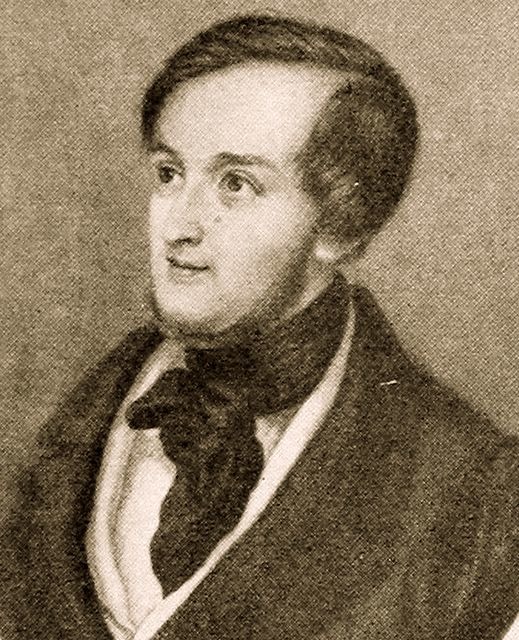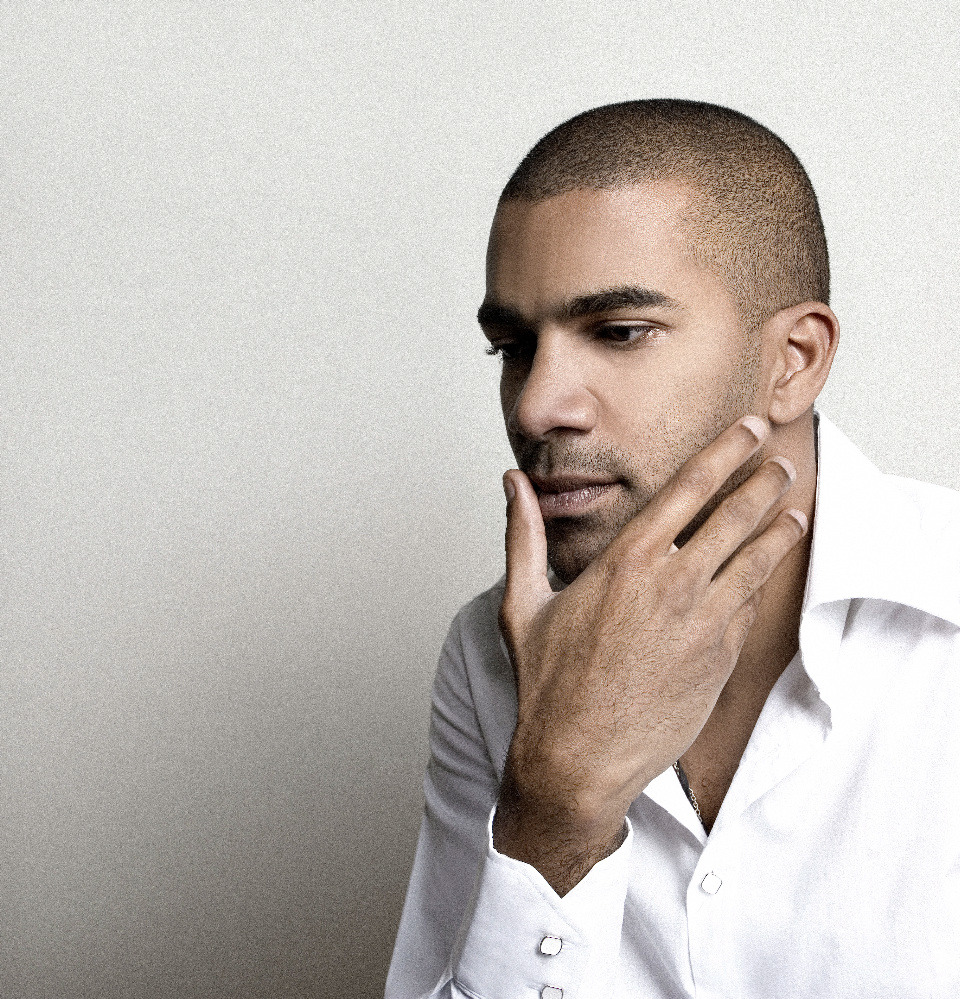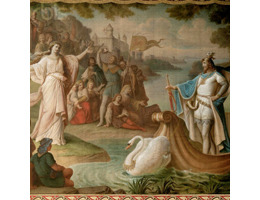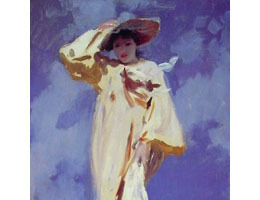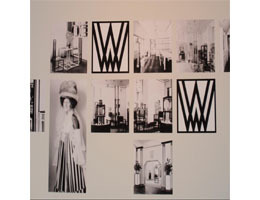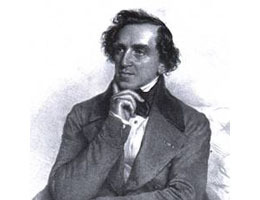Der Kobold (The Goblin), Op. 3, Act I: Vogellied (Bird Song) From WAGNER, S.: Lieder (2010) Released by Marco Polo Wagner: Der Kobold (The Goblin), Op. 3, Act I: Vogellied (Bird Song)Best known for his operas, several of which are
Wagner
“Minors of the Majors” invites you to discover compositions by the great classical composers that for one reason or another have not reached the musical mainstream. Please enjoy, and keep listening!
We associate Wagner with gloriously large orchestral sounds, with complex stories, and magnificent singing. It’s interesting, however, when we hear Wagner’s operatic writing from the viewpoint of the keyboard and in this recording by French pianist Wilhem Latchoumia, he shapes
Richard Wagner was never shy to freely give his advice and opinions on god, himself and the world, no matter if you wanted them or not. On occasion, he personally swung into action and physically defended his convictions. In 1848,
Cosima Liszt was the illegitimate daughter of the Hungarian pianist and composer Franz Liszt and his mistress, Marie, Comtesse d’Agoult. In order to continue his independent lifestyle — he also forbade contact between mother and daughters — Franz placed Cosima,
In many of Wagner’s theoretical writings, such as “Die Kunst und die Religion” (Art and Religion – 1849), “Das Kunstwerk der Zukunft” (The Artwork of the Future – 1849) and “Oper und Drama” (Opera and Drama – 1852), the concept
Giacomo Meyerbeer followed the tremendous financial and artistic success of Robert le diable with another blockbuster. Les Huguenots, five years in the making, dramatically staged the bloody events of the St. Bartholomew’s Day massacre in Paris in August of 1572,
During his tenure in Magdeburg (1834-6) and Riga (1837-8), Richard Wagner rehearsed and conducted the opera La muette de Portici (The Mute Girl of Portici). Composed by Daniel François Esprit Auber to a libretto by Augustin Eugène Scribe — one


